Acesse a sua conta getAbstract para obter o resumo!
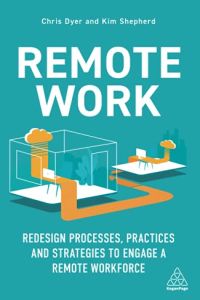
Acesse a sua conta getAbstract para obter o resumo!
Chris Dyer and Kim Shepherd
Remote Work
Redesign Processes, Practices and Strategies to Engage a Remote Workforce
Kogan Page, 2021
Sobre o que é?
Most successful companies, post-pandemic, will eschew offices and embrace remote or hybrid teams.
Recommendation
Are formal workplaces still relevant? American entrepreneurs Chris Dyer and Kim Shepherd say that the most successful companies, post-pandemic, will eschew offices and embrace virtual work through remote or hybrid teams. If done right, they argue, offering remote options has rewards, including attracting a higher level of talent and achieving better performance. By going remote, rather than rewarding people for having great personalities or spending time in the office, you focus on what really matters: results.
Summary
About the Authors
Chris Dyer is the founder and CEO of PeopleG2, a background check and intelligence firm. Kim Shepherd is a frequent keynote speaker and former CEO of Decision Toolbox, a provider of recruiting solutions.










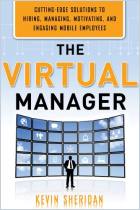
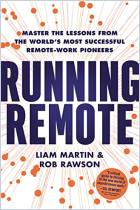
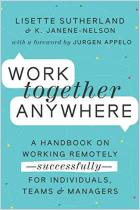

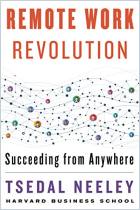






Comment on this summary